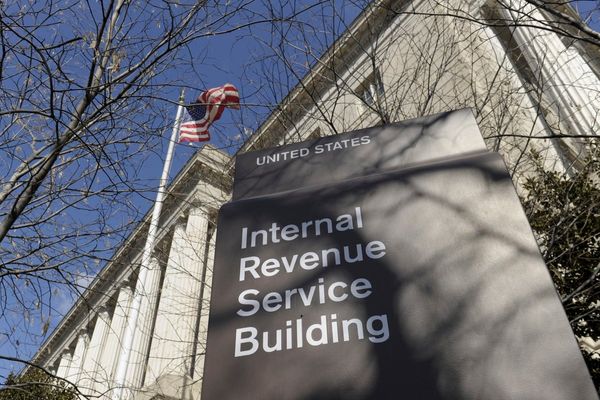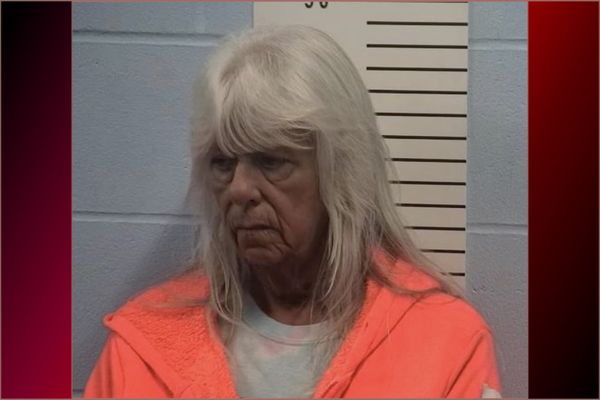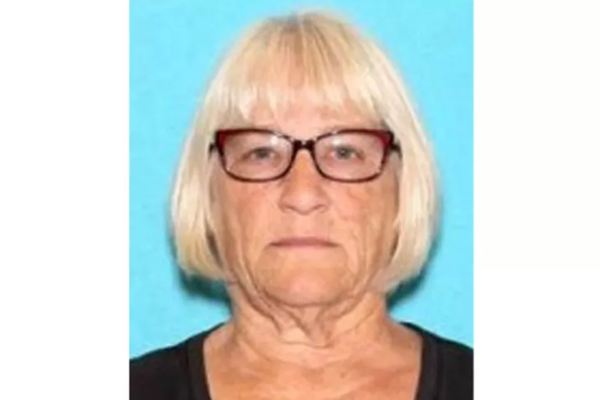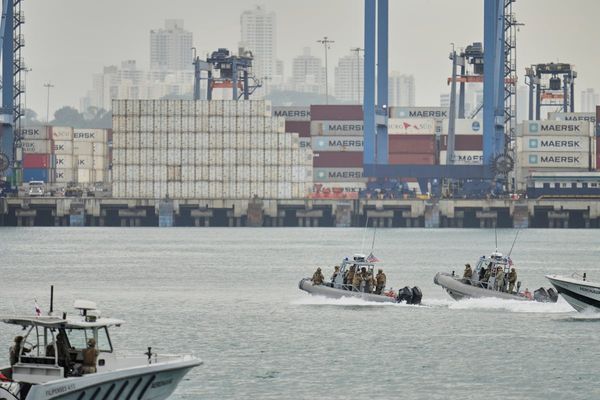So many people from Cuba are arriving in the Florida Keys that days could go by before federal officials are able to pick up migrants on the side of U.S. 1 to be processed, according to local law enforcement.
Since Friday, more than 500 Cubans arrived in the island chain. So many landed in a group of sparsely inhabited islands off Key West that the federal government was forced to close the Dry Tortugas National Park on Sunday.
The situation is frustrating local officials. Monroe County Sheriff Rick Ramsay issued a statement Monday calling the scenes playing out on the sides of the Keys’ only major highway a “federal failure” that is “creating a humanitarian crisis.”
“This shows a lack of a working plan by the federal government to deal with a mass migration issue that was foreseeable,” Ramsay said.
The Border Patrol did not immediately respond to requests for comment about the ongoing situation. It released a statement on Twitter Monday afternoon acknowledging that its “agents have responded to a high volume of migrant landings in the Florida Keys.”
The agency also thanked other law enforcement agencies that have been impacted by the increased landings.
Two groups of migrants — one with 19 people, the other with 12 — stood in the sun on the side of U.S. 1 in the Middle Keys island of Duck Key on Monday morning. By noon, they said they had been standing there waiting to be picked up by U.S. Border Patrol agents since arriving in two rustic vessels at 2:30 a.m.
Members of the groups told the Miami Herald that they began planning their trek about two months ago. Members of one group said they built their vessel, consisting of welded-together fuel drums, in a wooded area away from the eyes of the Cuban government.
The de facto leader of the groups, 22-year-old Jorge Yunier Cepa Sanchez, stood beside the mangroves wearing a compass around his neck that he used to navigate the dangerous journey from Matanzas, Cuba. He said they set off early Jan. 1.
“When we left, it was easier, but as we got closer, it got rough,” he said.
Two U.S. Customs and Border Protect agents arrived in a small van around 12:30 p.m. to take some of the people to be processed in West Palm Beach, they said. The last of the migrants were picked up by Border Patrol agents in a larger bus around 3:15 p.m.
In the hours before federal officials came to collect the migrants, plenty of locals stopped by, dropping off food, water and sodas. Others honked their car horns as they drove past in support of the recent arrivals.
Emily Barrera, 18, and her mother, Julia Naranjo, 43, have helped several groups of migrants since the mass arrivals began days earlier. On Monday, they dropped off two cases of soda.
“I feel bad for them, so we just decided to help them,” Barrera said. “Saturday, we helped some from Key Colony Beach. Then in Layton, Key Largo and Sombrero Beach.”
Joel Martinez, 48, lives on Long Key, but he, too, came to the U.S. on a migrant boat 15 years ago. That’s why he also brought supplies to the groups who arrived Monday.
“I came to the country by the water just like those guys did. That’s why I’m helping them,” he said.
Farther down the road in the city of Marathon is Sombrero Beach. It’s one of the few true sandy beaches in the Keys.
On Monday, it was crowded with sunbathers and people swimming in the shallow water.
Donna Goebel, from Ohio, sat at the water’s edge while her schnauzer Atticus waded in the ocean. Behind the woolly, wet dog, a wooden Cuban migrant boat was anchored.
The vessel arrived a few weeks ago. It’s one of dozens of abandoned migrant boats left up and down the Keys since the mass exodus from Cuba began about two years ago. The government spray-painted “Do Not Touch” on its hull.
As Goebel watched Atticus play in the water, she lamented the desperation the migrants must feel that they’re willing to risk their lives by taking to the seas on such unseaworthy boats.
“I don’t know why as Americans we’re not doing things to hasten the legal process,” Goebel said. “Like what’s happening here and on the border is anathema to what the states are about. I think it does not speak to who we are as a country.”
____







